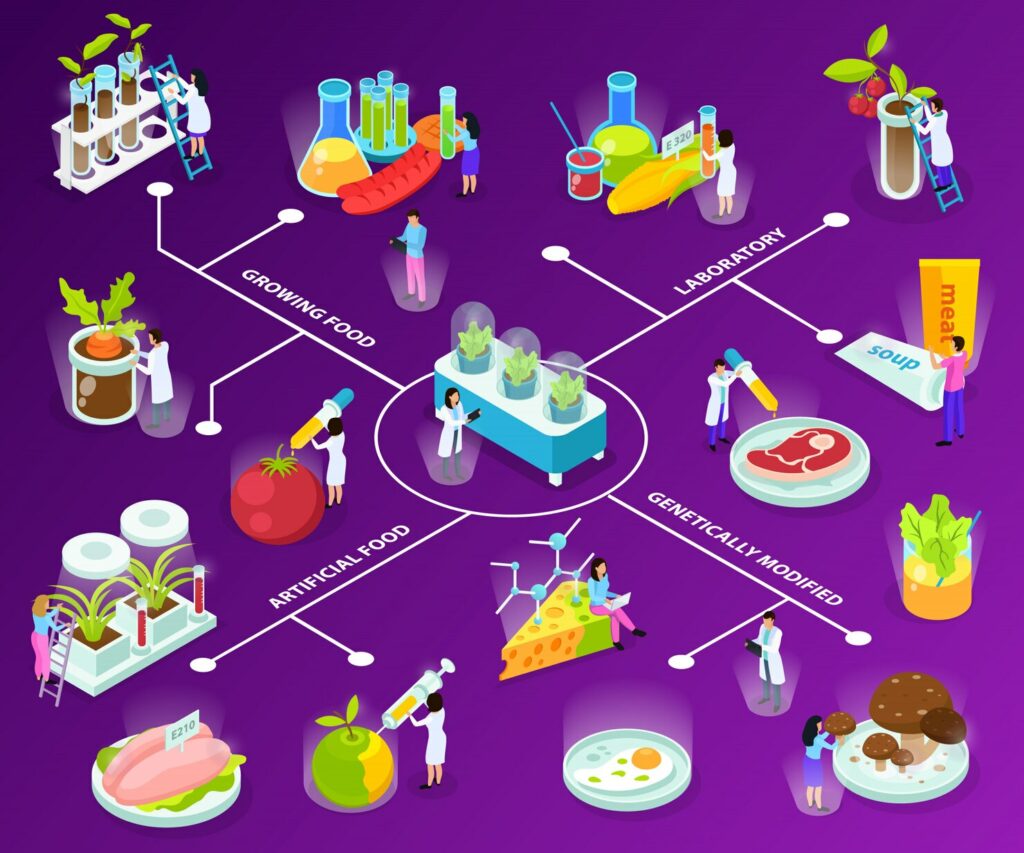Hello, friends! Today, I want to talk about something that affects each and every one of us: food systems. It’s easy to overlook the importance of strong, sustainable food systems, but they play a critical role in our daily lives. From the farmers who grow our food to the grocery stores where we buy it, food systems impact everything from our health to our environment. But did you know that community involvement is key to building and strengthening these systems? That’s right – when we work together to support local agriculture and access to healthy food, we can make a real difference. So let’s dive in and explore how we can all play a part in improving food systems through community impact!
- Understanding the Importance of Food Systems: Before we can dive into how to strengthen food systems, it’s important to understand why this work is so crucial. Food systems impact everything from public health to the environment, and they are often deeply interconnected with issues like poverty, racism, and climate change.
- Identifying Key Players: To make meaningful change in food systems, we need to identify the key players who have a stake in the game. This includes farmers, food producers, distributors, retailers, policymakers, and consumers. By bringing all these parties to the table, we can create more effective and sustainable solutions.
- Building Community Partnerships: One of the most powerful ways to strengthen food systems is by building partnerships within the community. This might involve working with local farmers to promote sustainable agriculture, partnering with food banks to ensure everyone has access to fresh, healthy food, or collaborating with restaurants and grocers to reduce food waste.
- Promoting Food Justice: Food justice is about ensuring that everyone has access to healthy, affordable, culturally appropriate food. This can be a particularly pressing issue in low-income communities and communities of color, which often have limited access to fresh produce and other healthy options. By promoting food justice, we can create more equitable and sustainable food systems for everyone.
- Supporting Local Economies: When we strengthen food systems, we also support local economies. By promoting local agriculture and food production, we create jobs and stimulate economic growth. Additionally, when we buy food from local producers, we keep money within the community, rather than sending it to large corporations.
- Reducing Food Waste: Food waste is a major problem in our current food system, with up to 40% of all food produced in the US going to waste. Reducing food waste can have a huge impact on both the environment and the economy, and there are many strategies for doing so, such as composting, donating excess food, and implementing better storage and distribution practices.
- Encouraging Sustainable Agriculture: Sustainable agriculture is about growing food in ways that are environmentally friendly and socially responsible. This might involve using natural fertilizers, rotating crops, and reducing pesticide use. By encouraging sustainable agriculture, we can protect our natural resources and promote long-term food security.
- Advocating for Policy Change: To create lasting change in food systems, we also need to advocate for policy change at the local, state, and federal levels. This might involve lobbying for increased funding for food banks, supporting legislation that promotes sustainable agriculture, or advocating for changes to zoning laws to allow for more community gardens and urban agriculture.
- Engaging in Education and Outreach: Education and outreach are key components of strengthening food systems. By providing education on issues like healthy eating, sustainable agriculture, and food justice, we can empower individuals to make positive changes in their own lives and communities. Additionally, outreach efforts can help to build community partnerships and increase awareness of local food resources.
- Measuring Success: Finally, it’s important to measure the success of our efforts to strengthen food systems. This might involve tracking changes in food access and availability, monitoring policy changes and their impact, or conducting surveys to gauge public awareness and engagement. By measuring success, we can identify what’s working and what needs improvement, and adjust our strategies accordingly.
Strengthening food systems is a complex and multifaceted process, but one that is essential for creating healthy, sustainable, and equitable communities. By working together, we can build partnerships, promote food justice, support local economies, and create lasting policy change. So whether you’re a farmer, a policymaker, or simply a concerned citizen, there are many ways you can get involved in strengthening food systems and making a difference in your community. And at Perafox Solutions we can help you get started!

